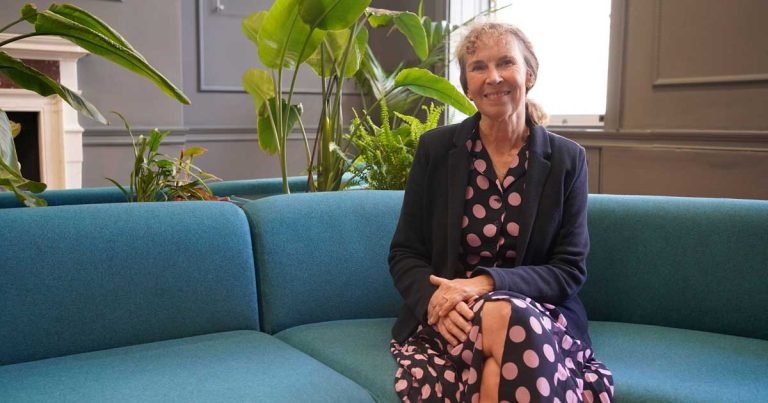13 Nov 2024
The issue is a key part of the agenda at this week’s London Vet Show after new figures revealed many neurodivergent vets do not feel supported in their workplace.

BVA president Elizabeth Mullineaux.
A new drive for action to ensure veterinary practices are inclusive for neurodivergent staff is being launched at this week’s London Vet Show.
The move comes after new BVA survey data revealed that nearly a quarter (23%) of all vets who consider themselves neurodivergent don’t feel their workplace supports workers like them.
The latest figures from the group’s Voice of the Veterinary Profession project revealed almost one in seven (13%) of vets class themselves as neurodivergent.
The term relates to a range of conditions including autism spectrum condition (ASC), attention deficit hyperactivity disorder (ADHD), dyspraxia, dyslexia, dyscalculia, Tourette syndrome, obsessive compulsive disorder (OCD), as well as some mental health conditions and acquired brain injury.
But the proportion classing themselves as neurodivergent climbs to 25% among vets who are under 35.
A discussion on the topic, “Neurodiversity: unleashing potential within and beyond the workplace”, is taking place as part of the BVA Career Development stream on Friday afternoon (15 November).
The session will be chaired by Kirstie Pickles, a trustee of the charity Vetlife, which earlier this year won a national award for its work on the issue.
BVA president Elizabeth Mullineaux said: “We’re committed to supporting all neurodivergent veterinary staff to feel welcome and to creating neuro-inclusive workplaces that allow every team member to perform at their best.
“Ensuring neurodivergent staff have access to the reasonable adjustments they need is a vital first step, but true inclusion relies on a collaborative approach, recognising the strengths and challenges of every team member.
“We urge all veterinary colleagues to attend our session at BVA Congress at London Vet Show, check out the new Vetlife resource and consider what more they could be doing to help neurodivergent staff thrive in their workplace.”